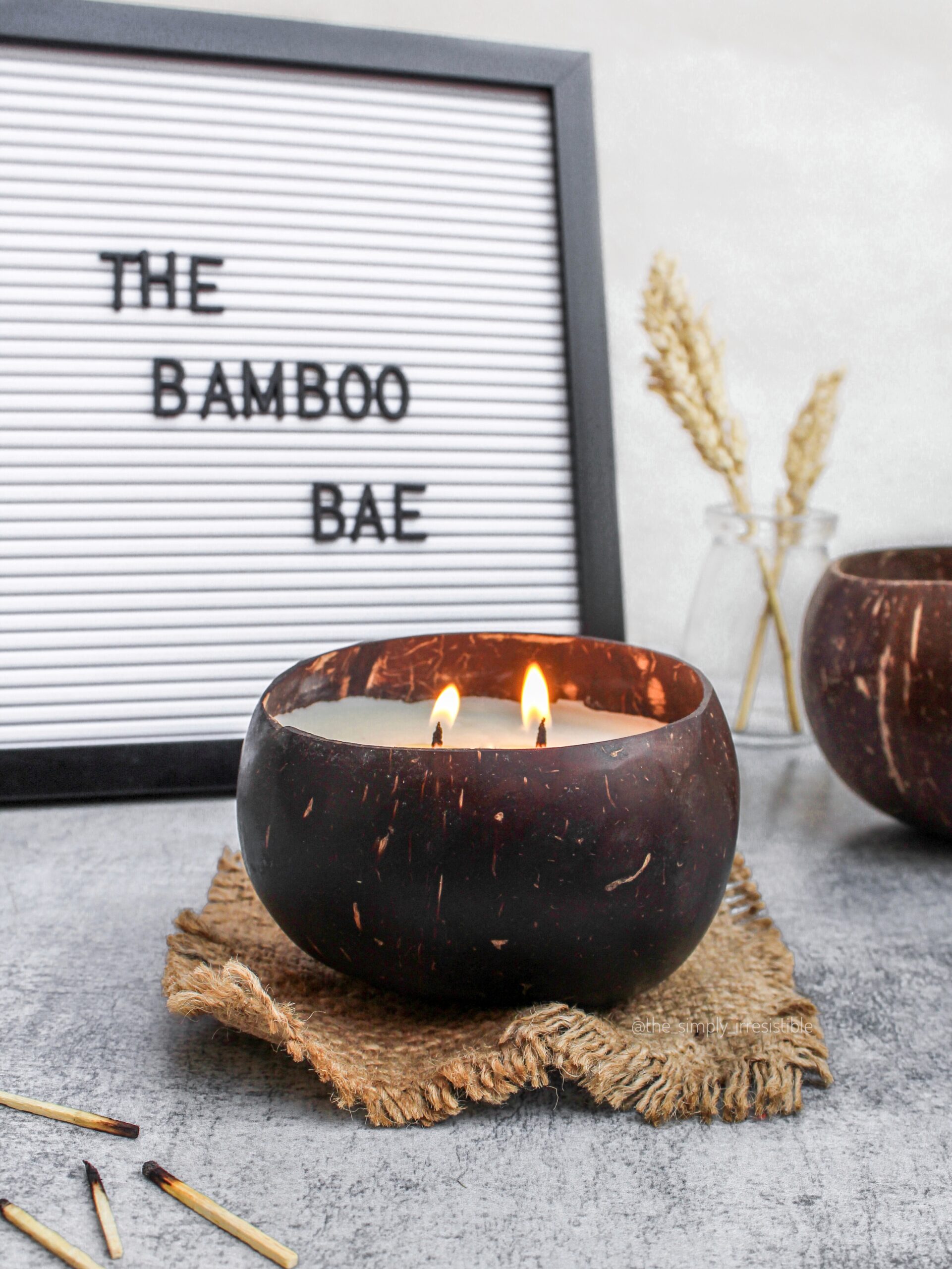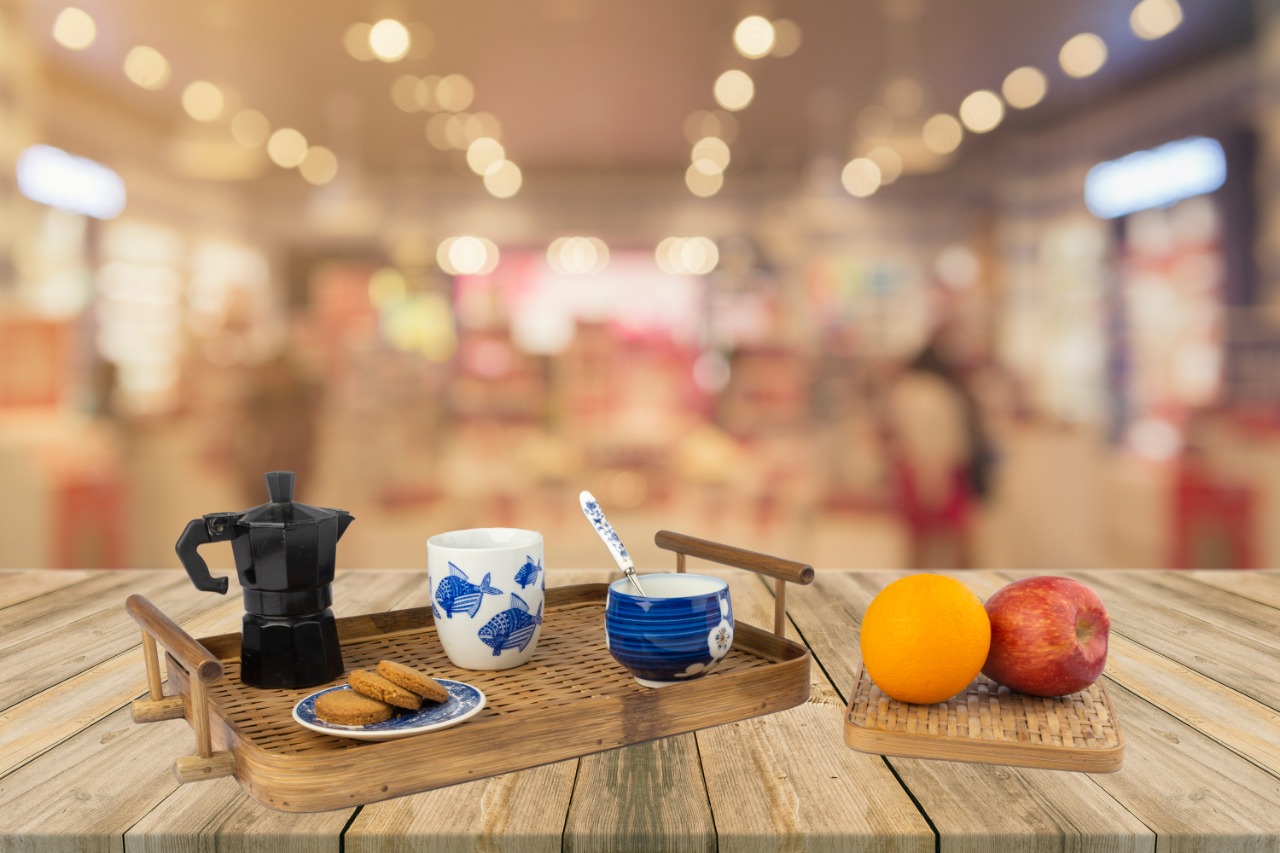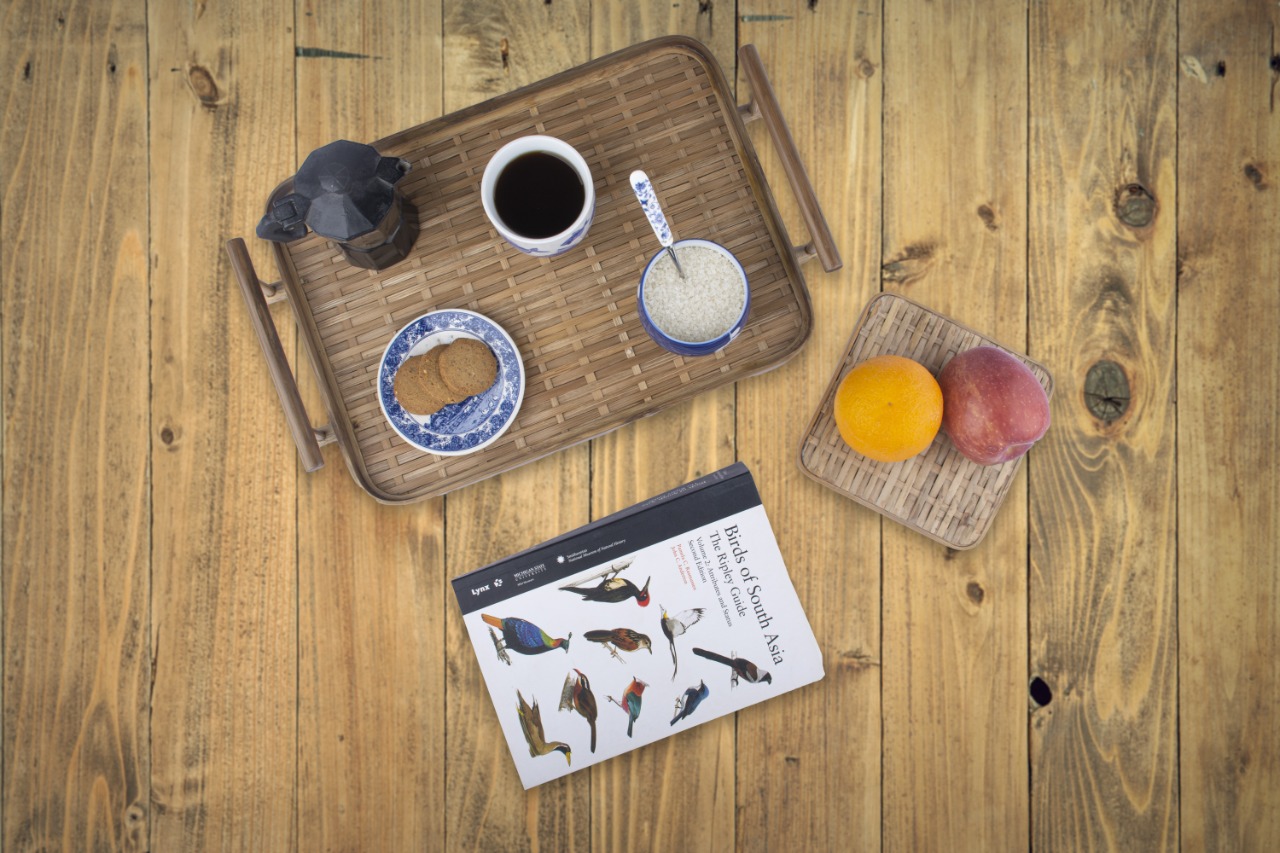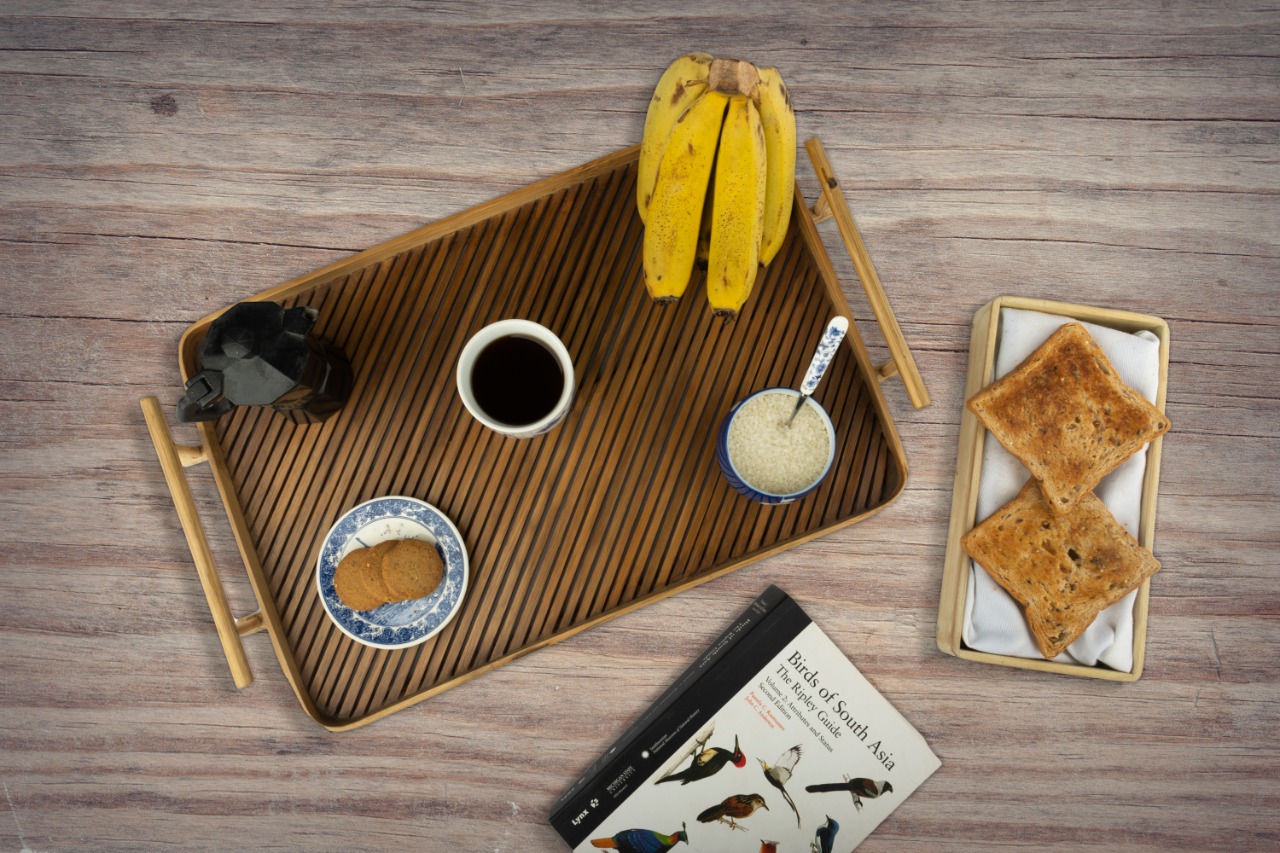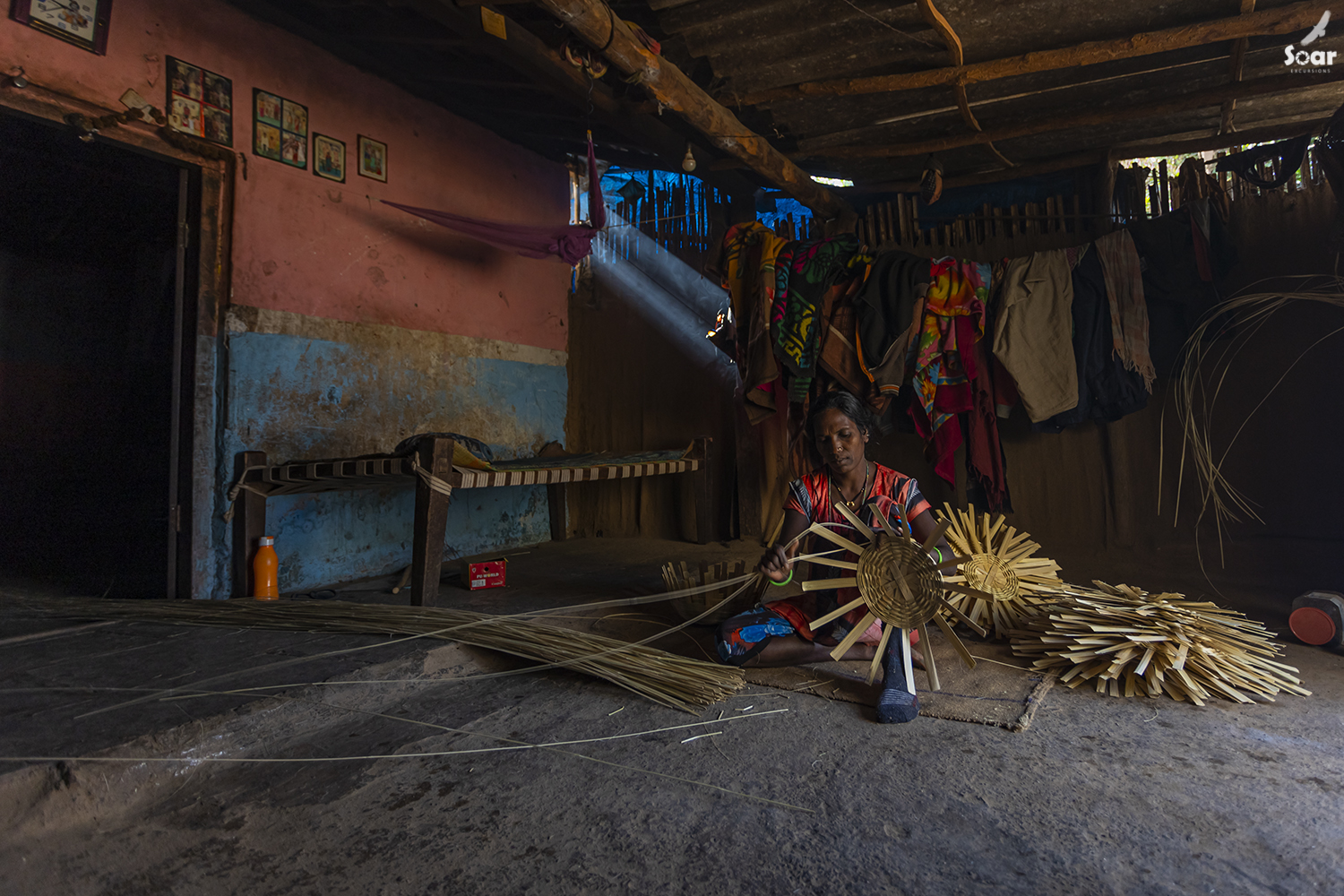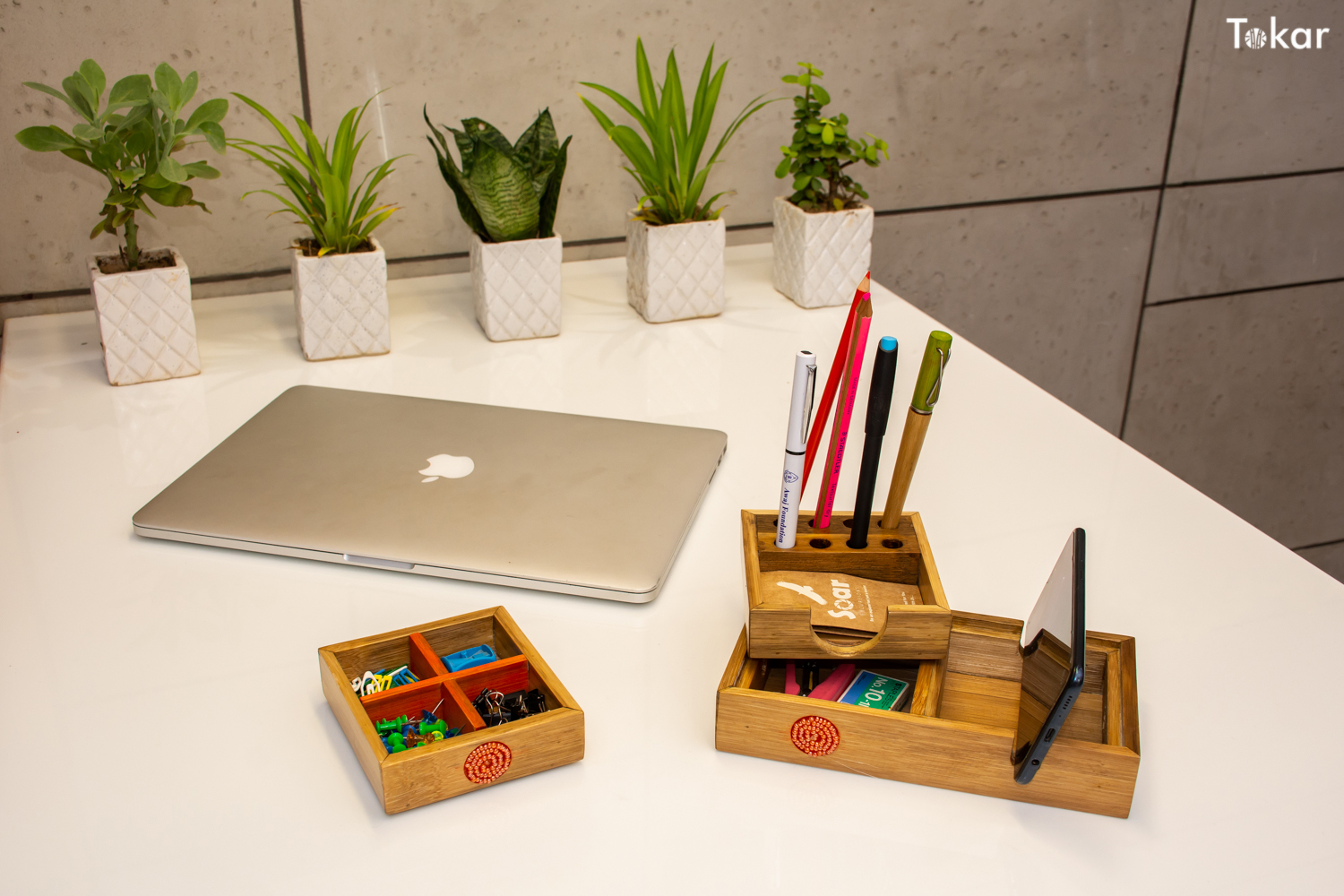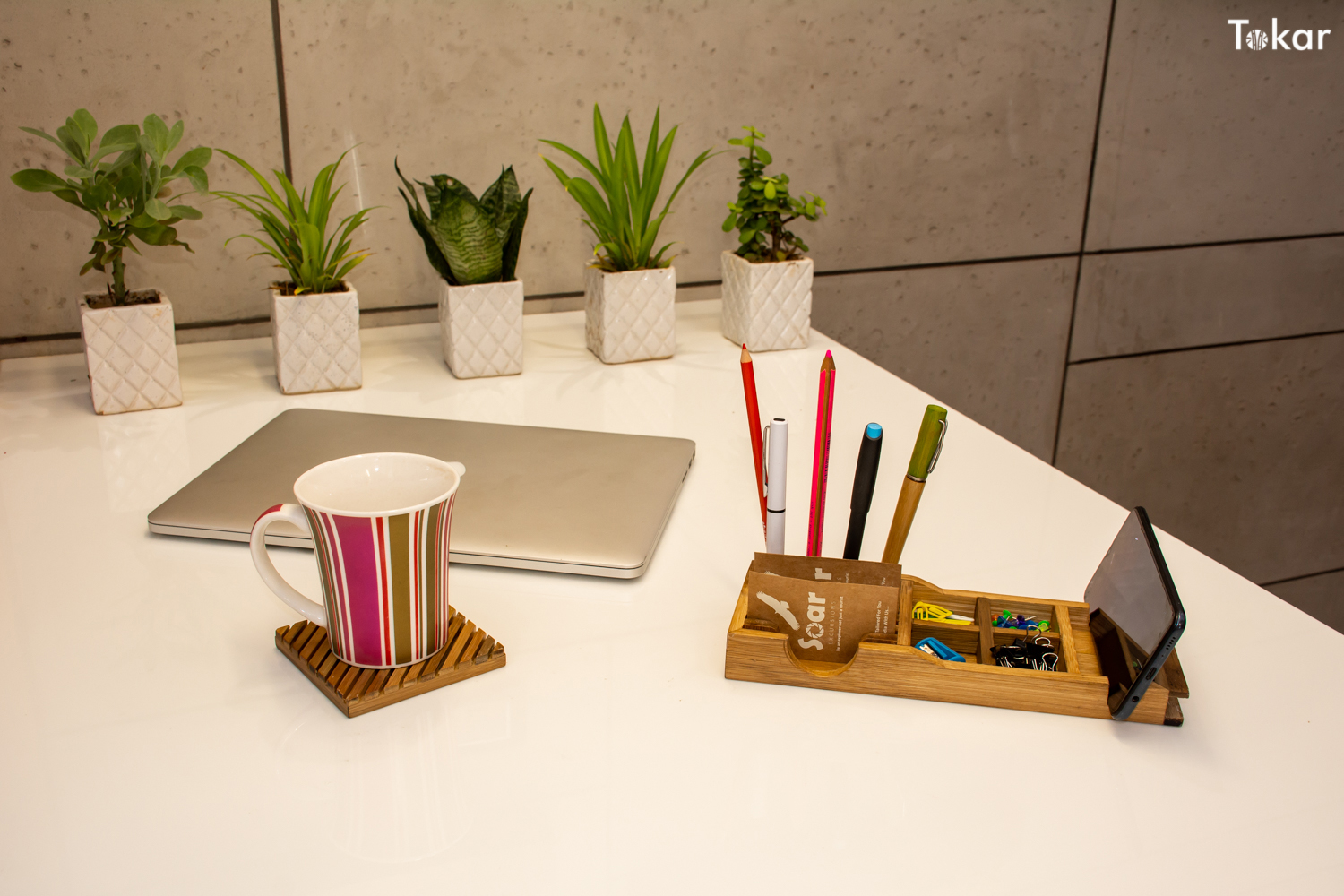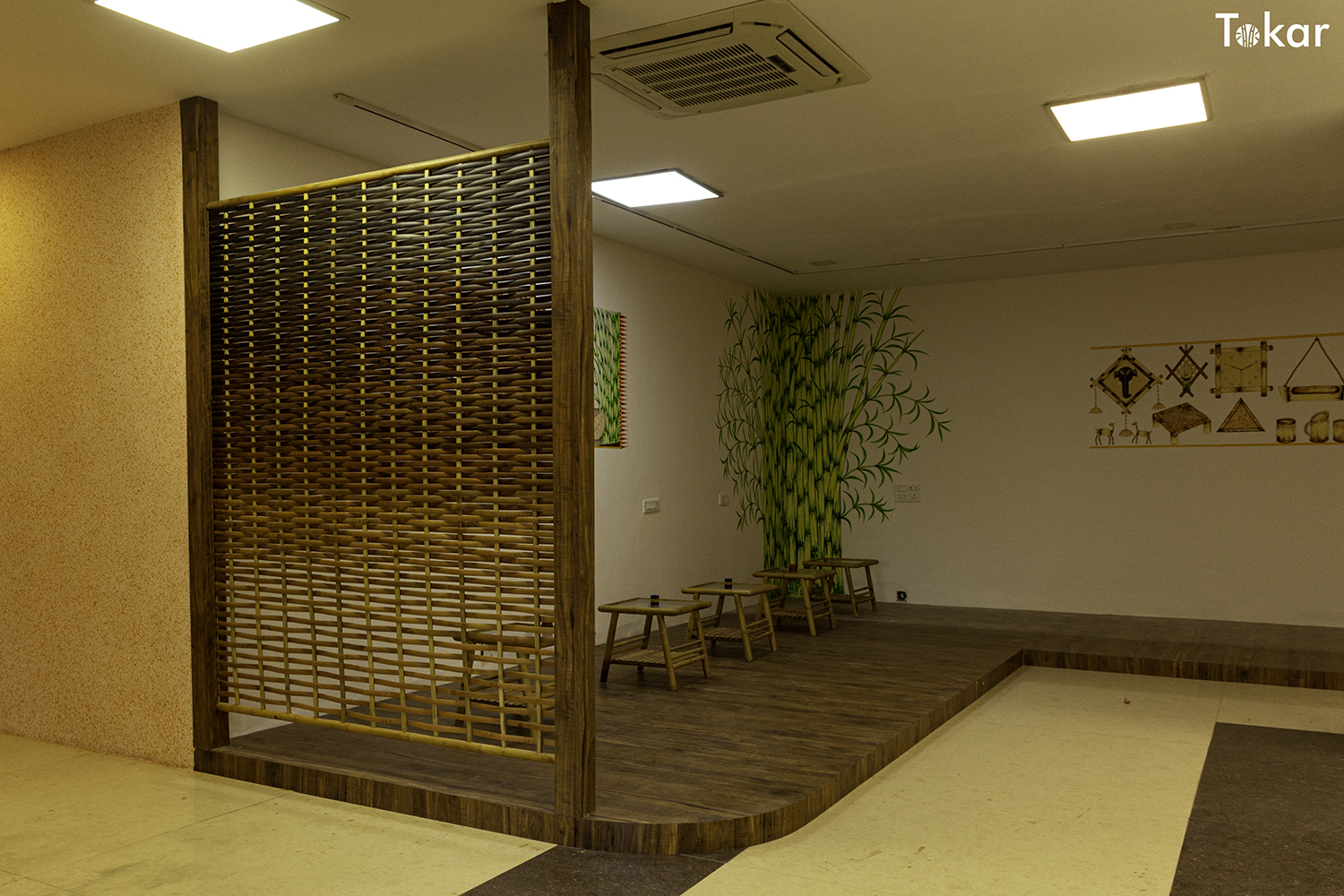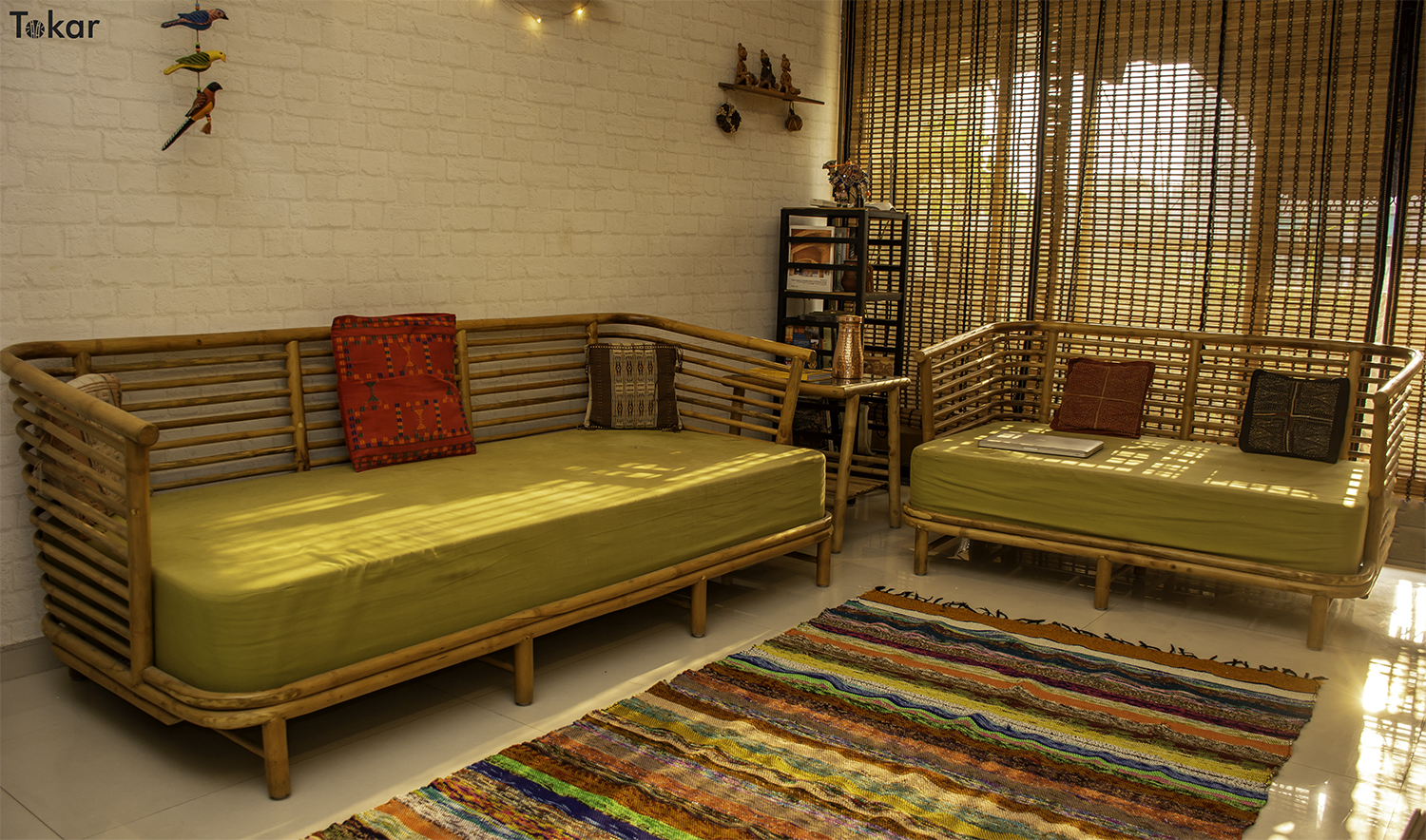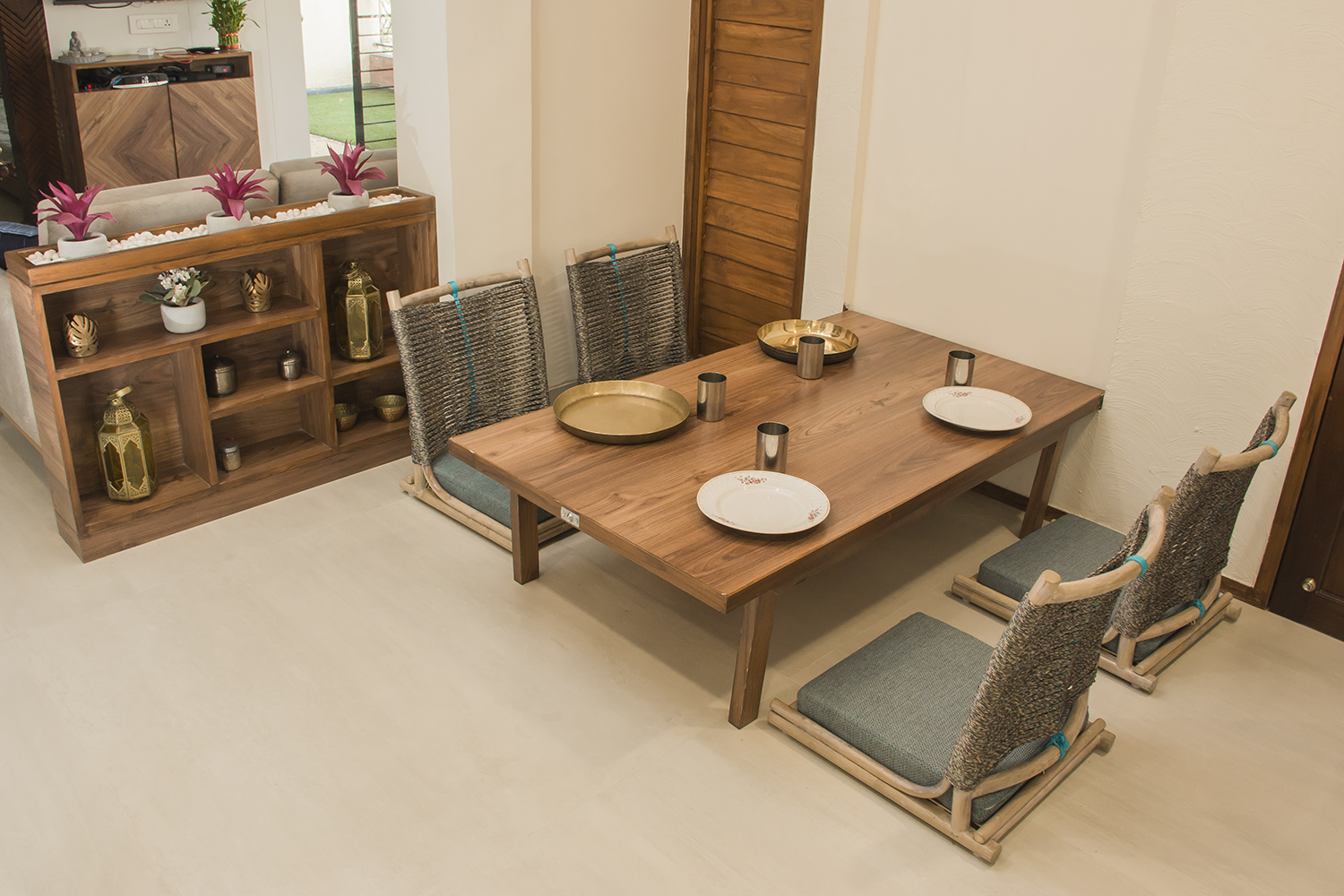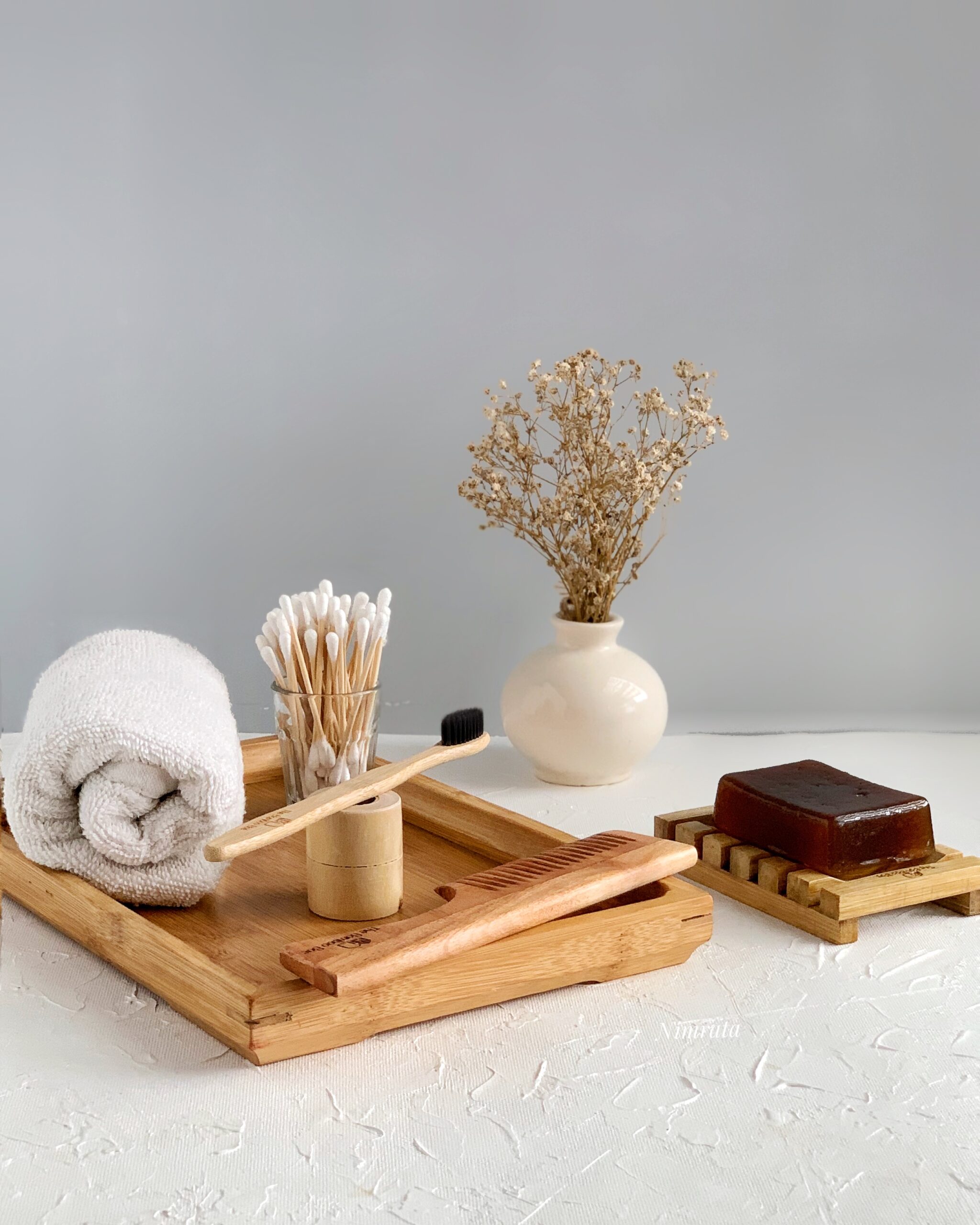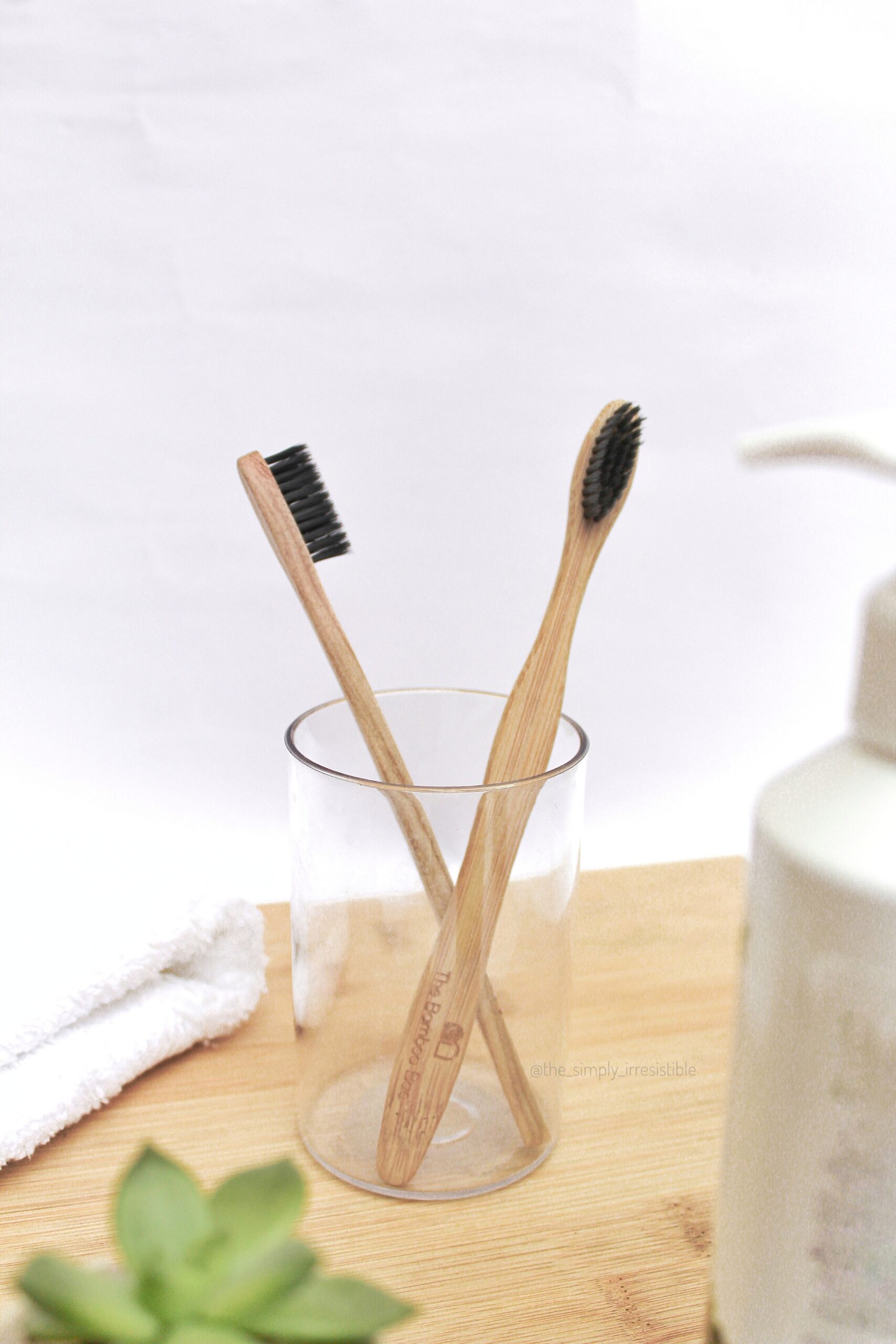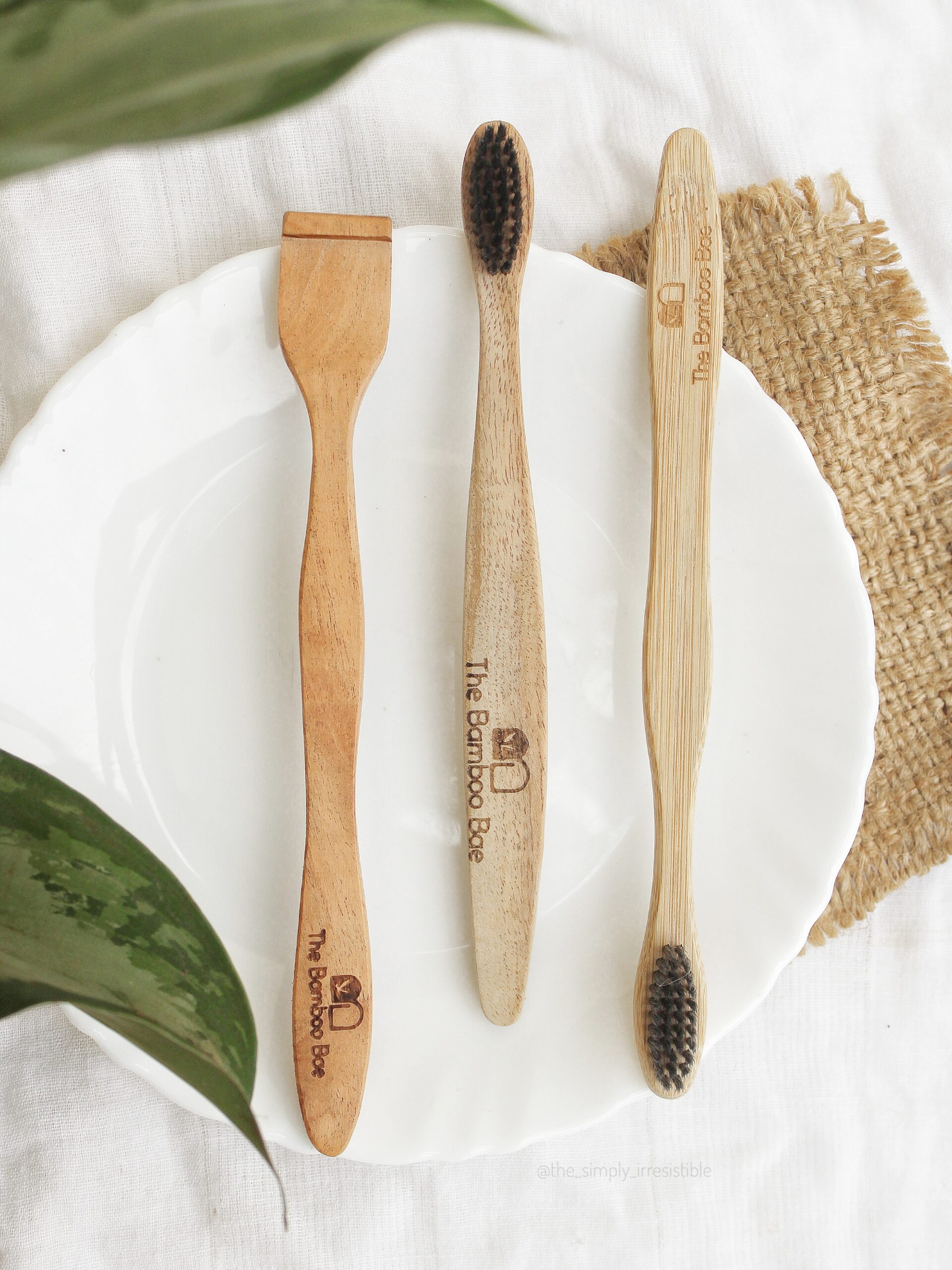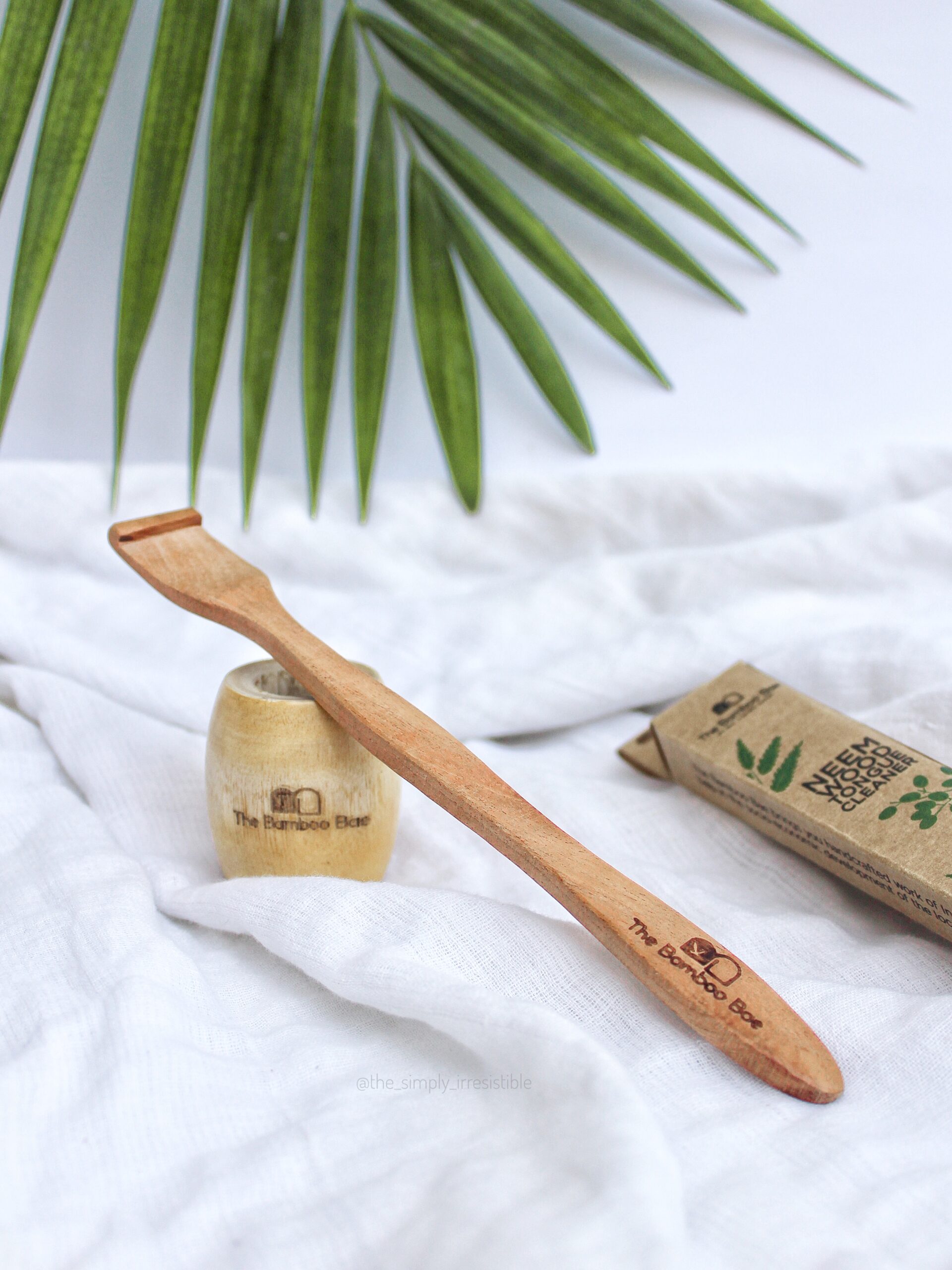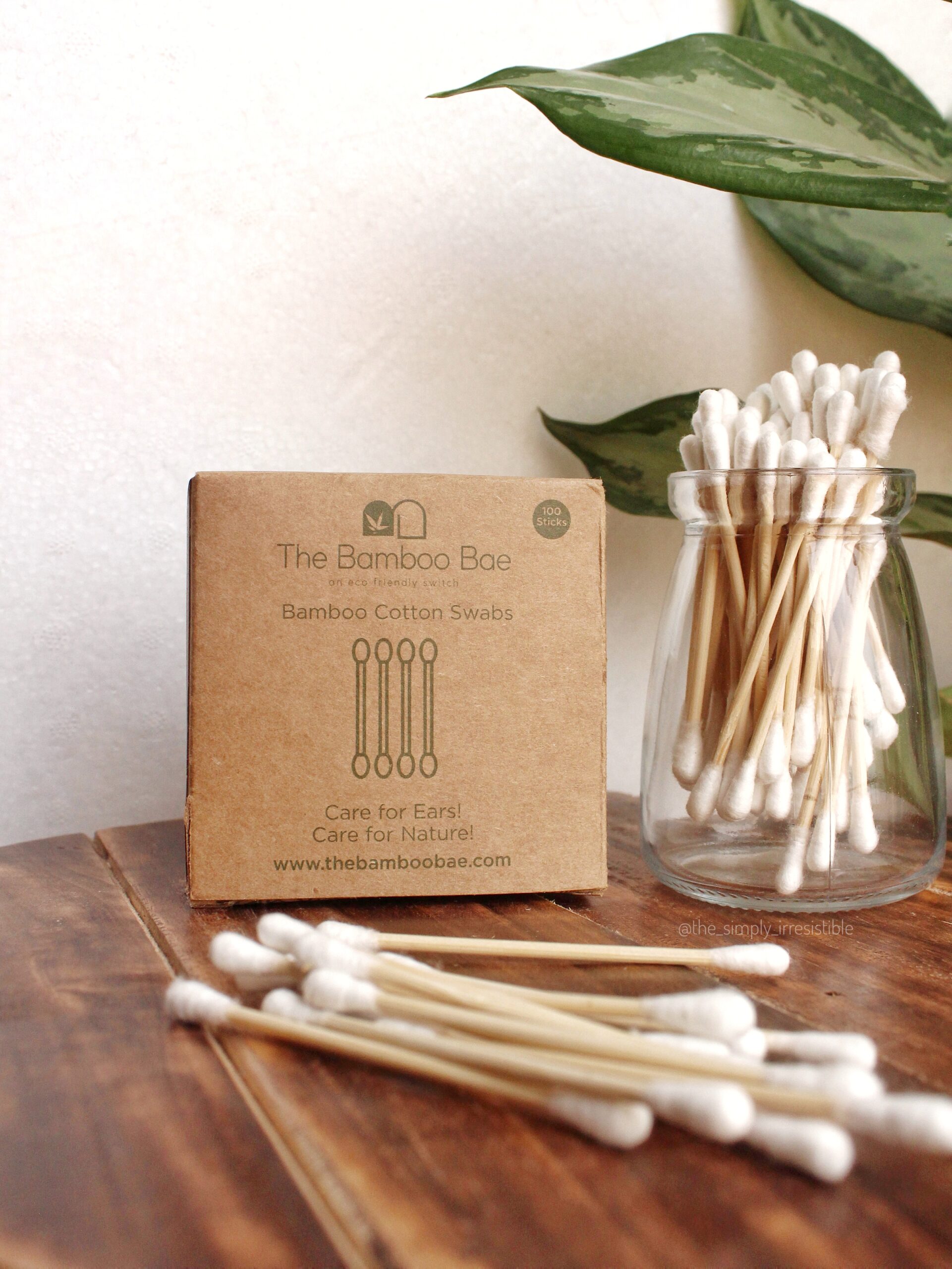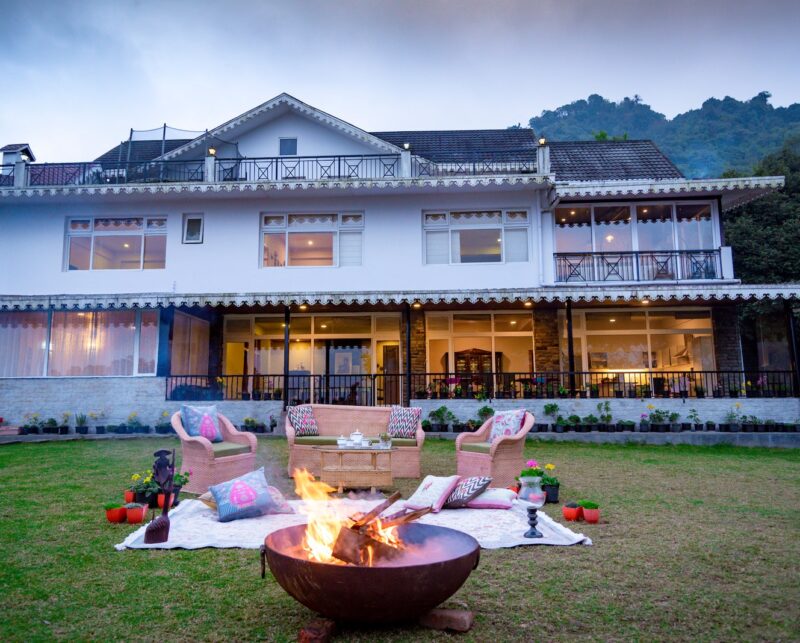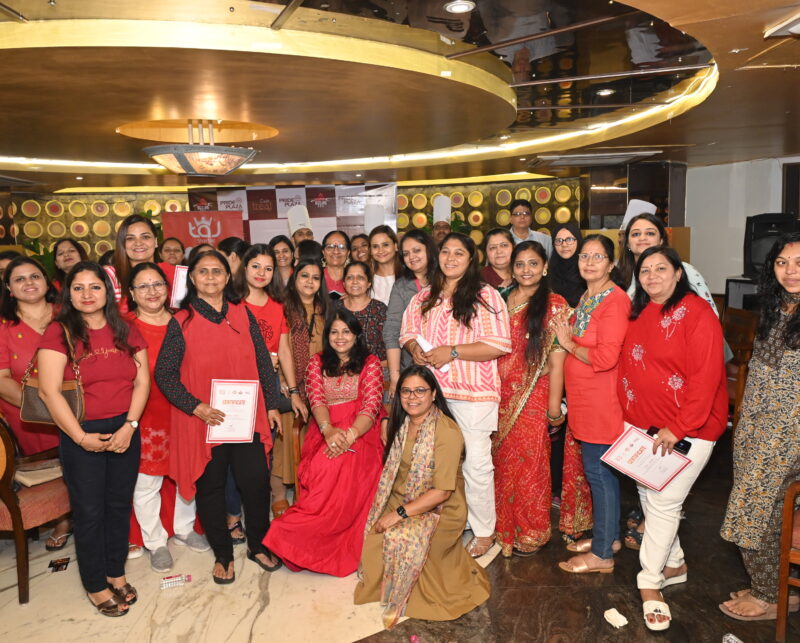Environment
GREEN GOLD : BAMBOO PRODUCTS FOR THE FOOD AND HOSPITALITY INDUSTRY
Bamboo is having its moment in the limelight as an eco-friendly product. Bamboo can be a very sustainable crop: a fast-growing grass, it requires no fertiliser and self-regenerates from its own roots, so it doesn’t need to be replanted. Its versatility and durability makes it a good option for multiple products you can use in the hotel and restaurant industries as an alternative to single-use plastic disposables. Bamboo is such a strong material without being processed bamboo toothbrushes and straws can be reused many times before heading for the composter. The range of bamboo products that you can use in a hotel or restaurant ranges from clothes hangers to pens, razors, combs, cups and clothes brushes to straws, trays, tableware and packaging, offering alternatives to many plastic and other no-biodegrable products.
Bamboo’s importance is an answer to one of the burgeoning problems today, which is single-use and microplastic waste. Additionally, products made of bamboo are unique in style, too.
Says Sushant, Senior Marketing Executive of Kwick Living (I) Pvt. Ltd “During a beach clean-up Akshay Varma, Aditya Ruia and Anuj Ruia discovered a plastic wrapper of a chocolate brand. The wrapper happened to be of a brand that stopped production in the 1990s. They realised that shifting to eco-friendly alternatives is crucial for the environment during With further research and consumer understanding, it was evident that there is a lack of innovation in home care products specially in the direction of finding eco-friendly alternatives. They had to change that which led to Beco, a brand that makes chemical free and sustainable alternatives to widely-used consumables’’.
After research, they developed products which are made from bamboo and cornstarch. “India is a price sensitive country, so buying into the eco-friendly concept is a bit difficult because of affordability. However, our very reason to start Beco was not only to bring sustainable products to consumers but most importantly offer them at an affordable price. While we are only at around 15% premium pricing compared to conventional plastic products, we are still working towards reducing the price points further by sourcing raw materials locally and achieving better prices at a low cost’’, says Gaurav. They source the bamboo raw materials rom north-east India which also leads to employment opportunities for farmers and women in the area.
“Our products are made from bamboo pulp, and have no harmful chemicals like chlorine/phosphate. The tissues are unbleached and bear the brown colour of bamboo, the cleaners have no harmful chemicals and leave no chemical residue. This not only makes them eco-friendly but also hypoallergenic, skin-friendly and much more absorbent than the usual tree paper tissues. Our cleaners don’t have chlorine and phosphate which makes it safe for baby clothes, leaves no residue on the surface and is safe for sensitive skin. All of our products are compostable and biodegradable’’.
Their reusable Kitchen Towels, facial tissues and garbage bags are doing very well, and their clientele includes the Hotel Restaurant Catering Industry. “Hospitality industries are constantly moving towards being green, whether it’s waste water management, solar panel installation or something as simple as segregating waste. However, the recent trend also shows that the daily usage of almost invisible products like tissues, garbage bags lead to a huge waste in India. Hotels are now shifting and purchasing biodegradable compostable garbage bags and tissues for their usage in kitchens and rooms to eliminate single-use products. Today, consumers are also looking for eco-friendly and sustainable product alternatives to maintain better lifestyle habits. There is a growing number of tourists who are health sensitive or eco-conscious. Sustainable business practices also help hospitality companies to maintain their CSR initiatives’’, he explains.
Niyati Kukadia of Tokar Sustainable Designs says that an extensive use of handmade bamboo products can not only reduce single use plastic waste and lessen the logging of trees but also ensure livelihood for artisans. She elaborates, “bamboo artisans are one of the poorest communities in the tribal societies of Gujarat, yet few organisations have worked to promote their artisanal skills in eco-friendly production of daily consumption items or skill-building to upgrade their products’’.
For her the story of working for bamboo artisans began about 18 years ago. “We met sugarcane labourers living in most appalling conditions with very small children having no shelter or access to water and minimal food. The squalid conditions of their makeshift tents on the road near Vyara were shocking. The realisation of their misery made us began working with them to create a better source livelihood where they will not be forced to migrate and live in exploitative conditions. We decided to work on modernising their inherent artisanal skills of bamboo craft and weaving techniques’’.
In 2007, the team started a programme for the youth of the Kothwalia tribe, generally landless people who primarily depend on bamboo basket making for their livelihood. Their products include split bamboo mats (Palas), threshing trays (Topla) and baskets (Supra). Some Kotwalia communities still reside within forest areas while others have shifted to agricultural villages but maintain their traditional cottage industry. “We started teaching them improvised tools and technology to make contemporary bamboo products. They were given design training in National Institute of Design (NID),’’ she says, adding, “after that we began making new products at our workshop in Vyara. In 2008, we began several village-level training centres with the help of internationally reputed designers. Then we moved to Dang district where we established our common facility centre and began full-fledged production unit’’.
The challenge they faced was from similar products available in the market that are factory produced, and therefore cheaper and more colourful. “For our handcrafted items to compete with conventionally available, mass scale produced items was difficult. We take utmost care of making our products sustainable, both through livelihood opportunities and material wise. And a well-designed handcrafted product turns out to be a little more expensive than mass produced items. This was a big uphill battle for us. But over the years, we have found a reliable clientele who prefer our eco-friendly products for their designing aesthetic. There is now a growing consciousness among consumers to prefer ethically and sustainably made products’’.
She says that they procure bamboo locally which then goes through rigorous treatment to make it anti-fungal and termite/wood borer free. “We do not use any corrosive or toxic chemical treatment. As the treatment happens in house, we follow a strict quality monitoring protocol. . Moreover, we do not use ecologically harmful chemicals in bamboo treatment. That makes our products sustainable. Only minimal number of preservatives are used to keep the bamboo free from pests’’.
Handmade by a forest-dwelling tribal community, Tokar’s products are also natural, lightweight, strong, aesthetically appealing, easy to maintain, and functional. “They are completely sustainable with minimal carbon footprint as bamboo is a constantly regenerating grass’’, she says, proudly.
Thjey are providing tablewares like trays, trivets, coasters, and tea light holders in the online segment, restaurants, and boutique shops across India. “The hospitality industry is also buying chairs, dining tables, mirror frames, lamps, and other furniture for their interiors. ‘’ she says, adding, “we have provided a range of platters and trays for restaurants. Hotels, resorts and eco-camps have bought a range of products like beds, tables, chairs, mirror frames, swing, hanger and racks, etc made from bamboo. The versatile range of products we offer makes us a one-stop solution for hotel owners.Our products can be a great value addition to this philosophy of eco-tourism operators and eco-lodge owners. For hotel industry, we provide a yearly maintenance contract of our furniture as well’’.
She says their future plan is to create a range of ready-to-assemble sustainable furniture which takes up less space and is easy to move.
BOX
Buying Bamboo Products
From tiles and furniture to fabrics to disposables, a wide range of products made using bamboo are now available. If sustainability is your criteria, buy the products that are largely untreated with no dyes, chemicals or bleaching.
The Bamboo Bae
Started by two travel enthusiasts, The Bamboo Bar has a diverse range of bamboo products that can be used by the hospitality industry like bamboo toothbrush with charcoal activated bristles. bamboo toothbrush for children, bamboo comb, bamboo fiber condiment bowl set, soap tray. Bamboo clothes peg, bamboo bird house and bird feeders, bamboo soap, bamboo razor, etc.
Tripura Forest Development & Plantation Corporation Limited (TFDPC).
https://tfdpc.tripura.gov.in/
A source for bamboo furniture and accessories.
TAD Udhyog
Their products include tea cups, bamboo amplifier, bamboo root carvings, bamboo toothbrush, bamboo laptop stand, straw, bamboo cutlery and cleane, whiskey glass, etc. They also make BeYouTea is a blend of different species of bamboo leaves.
Kerala State Bamboo Corporation Ltd.
http://www.bambooworldindia.com/global_index.php?fname=home
This corporation offers bamboo flooring tiles, furniture and other products.
Epitome Bamboowood Products
This industry manufactures flooring, decking and cladding, doors, door frames and furniture fully made from bamboo.
Kwick Living (I) Pvt. Ltd.
They make a range of bamboo products like toothbrushes with the brandname of BECO.
Madake
https://madake.in/collections/all
This Imphal-based brand offers bamboo bath towels, straws, brushes, etc.
Bamboo India mission
https://bambooindia.com/pages/our-story
This Pune-based startup is known for bamboo personal care products like toothbrushes.
Tokar Sustainable Designs LLP
An Ahmedabad-based company offers bamboo products made by the tribal people of South Gujarat.


